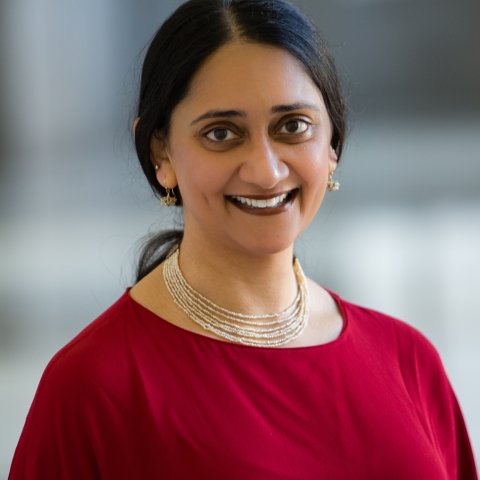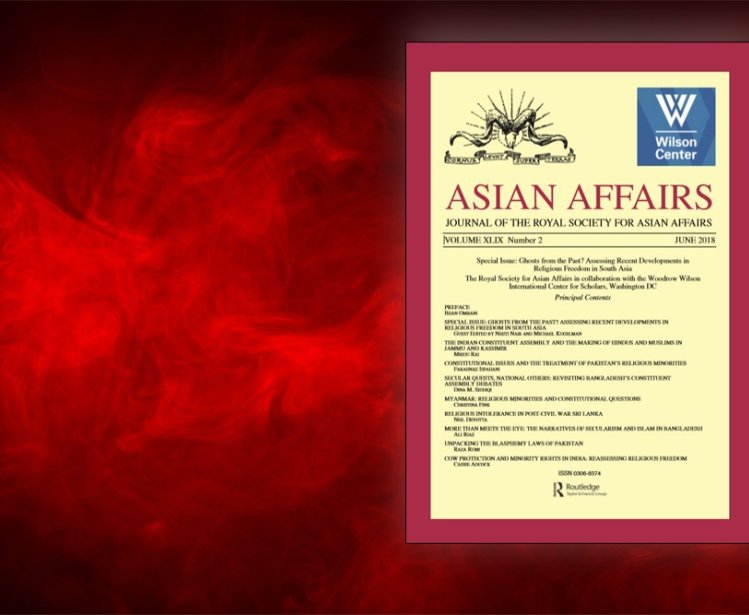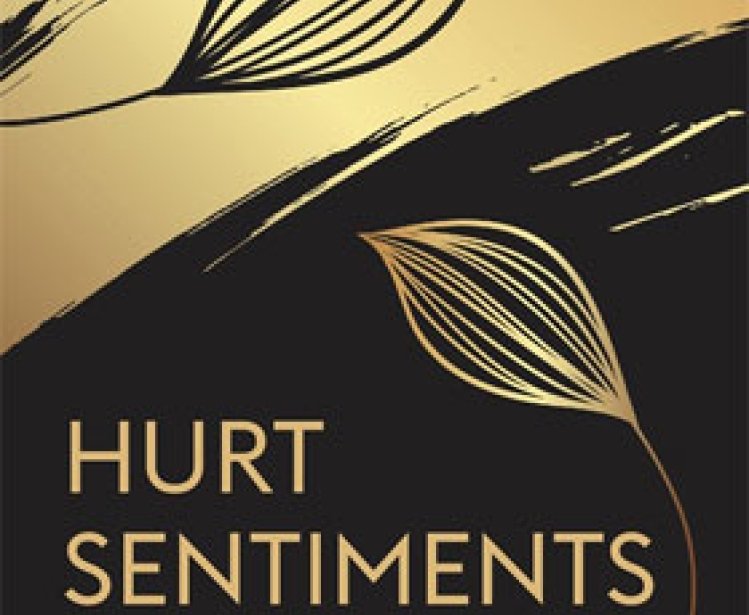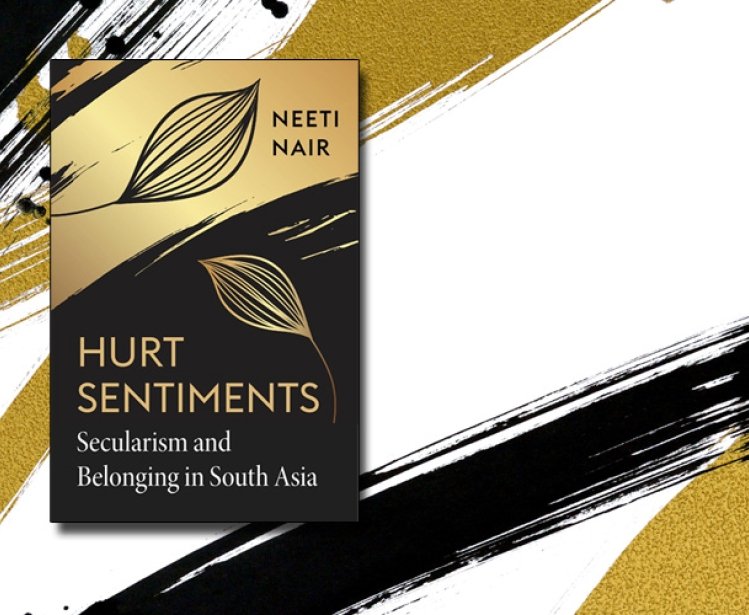Neeti Nair
Professional affiliation
Wilson Center Projects
Hurt Sentiments and Blasphemy in South Asia
Full Biography
Neeti Nair is Professor in the Department of History at the University of Virginia. She is the author of Changing Homelands: Hindu Politics and the Partition of India (Harvard University Press, 2011) and, most recently, Hurt Sentiments: Secularism and Belonging in South Asia (Harvard University Press, 2023). She is also the co-editor of Ghosts from the Past? Assessing Recent Developments in Religious Freedom in South Asia (Routledge, 2021) and editor of Citizenship, Belonging, and the Partition of India (Routledge, 2024). Her articles have appeared in leading scholarly journals, including Modern Asian Studies, Indian Economic and Social History Review, and the Economic and Political Weekly, as well as in media outlets such as Indian Express, The Hindu, The Print, India Today, and Newslaundry. Her research has been supported by the American Council of Learned Societies, the American Institute of Indian Studies, the Harry Frank Guggenheim Foundation, the National Endowment for the Humanities, and the Woodrow Wilson International Center for Scholars.
Major Publications
Book
Changing Homelands: Hindu Politics and the Partition of India, Cambridge, MA: Harvard University Press 2011. Extracts of reviews are here
- A Washington Post WorldViews Recommended Book, 2013
- Co-published by Permanent Black in India, 2011; Paperback, 2016
Special Journal Issue
Guest Editor (with Michael Kugelman), Ghosts from the Past? Assessing Recent Developments in Religious Freedom in South Asia, a special issue of Asian Affairs, 49:2, 2018
Peer reviewed articles
‘Towards mass education or “an aristocracy of talent”: non-alignment and the making of a strong India’, in Gyan Prakash, Michael Laffan, and Nikhil Menon eds., The Postcolonial Moment in South and Southeast Asia, Bloomsbury, 2018, pp. 183-200
‘Beyond the “communal” 1920s: the problem of intention, legislative pragmatism, and the making of Section 295A of the Indian Penal Code’, The Indian Economic and Social History Review, July 2013, Vol. 50, No. 3, pp. 317-340
‘Indo-Pak Relations: a Window of Opportunity that has Almost Closed’, Economic and Political Weekly, December 20, 2014, Vol. 49, No. 51
Articles on ‘Hindu Mahasabha’, ‘Pt Madan Mohan Malaviya’, ‘Rangila Rasul’, ‘Rashtriya Swayamsevak Sangh’, ‘Sanatan Dharm’, ‘Shuddhi’, ‘Swami Shraddhanand’, in Ayesha Jalal ed., The Oxford Companion to Pakistani History, Karachi: Oxford University Press, 2012
‘Partition and Minority Rights in Punjabi Hindu Debates, 1920-1947’, Economic and Political Weekly, December 24, 2011, Vol. 46, No. 52, pp. 61-69
‘Bhagat Singh as “satyagrahi”: The Limits to Non-violence in Late Colonial India’, Modern Asian Studies, May 2009, Vol. 43, No. 3, pp. 649-681
Recent Opeds and Popular Writing
‘In 1964, calling Godse patriot led to uproar in Parliament. Now Pragya Thakur gets approval’, The Print, May 19, 2019. Published in Bengali in Ananda Bazar Patrika, May 19, 2019
‘Old Laws for New Reasons: The Limits to Free Speech in India’, Berkley Forum, Berkley Center for Religion, Peace & World Affairs, Georgetown University, August 23, 2018
‘Secularism and India’s Electoral Democracy’, Asia Dispatches, Wilson Center Blog, June 19, 2018
‘Rising Religious Intolerance in South Asia’, Current History, South Asia, April 2018, pp. 148-150
‘In many significant ways, Nehru’s vision for India seems passé’, The Print, November 14, 2017
‘What did Gandhi Stand For, And How is His Legacy Faring In Today’s India?’, Huffington Post India, October 10, 2017
‘What does Nawaz Sharif’s disqualification mean for democracy in Pakistan and its politics’, The Print, July 28, 2017
‘Heroes of Hindu Nationalism’, Op-ed, India Today, January 12, 2015
Previous Terms
Sep 05, 2017 — Jul 27, 2018: Blasphemy: A South Asian History





